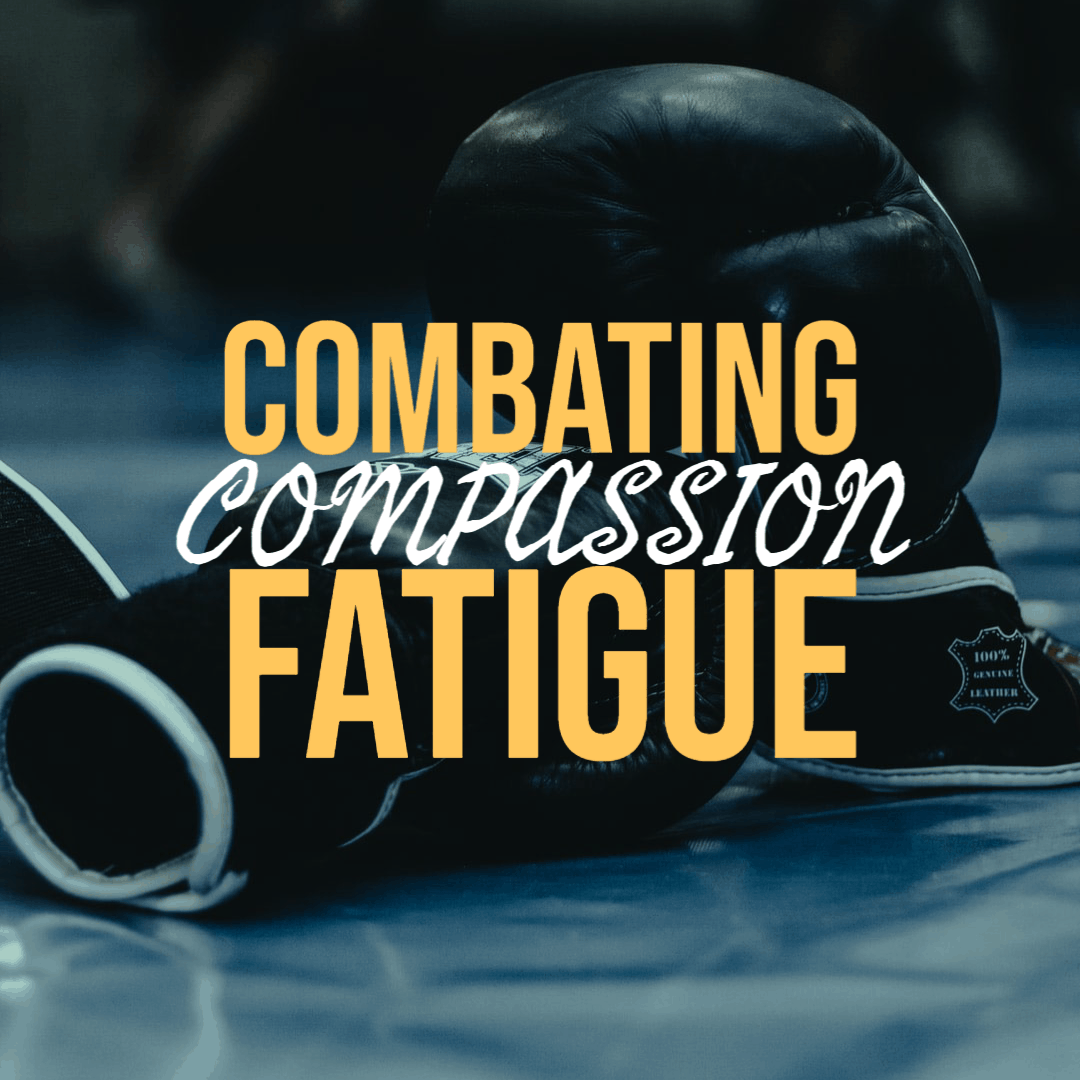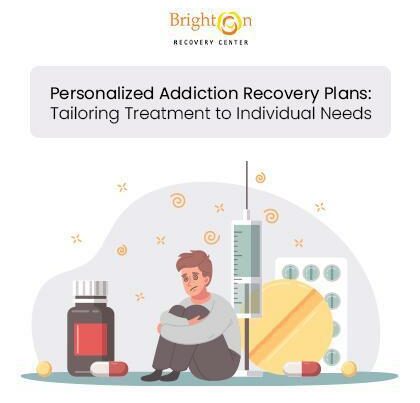[vc_empty_space]
What Is Compassion Fatigue and How To Combat It

Compassion fatigue is something that many caretakers have to deal with every day. When constantly faced with tip-toeing around situations and managing personal and environmental factors, being a caretaker for someone with mental health issues, addiction, or co-occurring disorders is incredibly taxing both mentally and physically. Compassion fatigue is bound to set in as each day presents new challenges and problems to be overcome. However, there are ways to not only combat the fatigue as it comes up, but there are practices that one can take each day to balance themselves and the ones they care for.
What is Compassion Fatigue?
Compassion fatigue does not mean that someone has lost all of their compassion for a patient or loved one, and certainly doesn’t mean that they no longer care about the work that they are doing. Rather, it is a state of fatigue generated by boundless compassion. It is a state of complete and utter exhaustion.
Constantly working and monitoring a loved one is tiring on the body and mind, and can lead to irritability and depersonalization. Someone experiencing compassion fatigue can begin to see the daily tasks in caretaking as a chore—less about the loved individual, and more about a list of things that they have to do, check, maintain, monitor, or otherwise address each and every day, on top of the constant new struggles and problems that each day may present.
Caring for a loved one is a noble venture, but it can take most of the time out of the day depending on what they are caring for. However, when one is constantly maintaining an environment day in and day out, it can become difficult to see what the end goal may be, instilling a sense of self-doubt if what they are doing is right, good enough, or if they are even the right person to be the caretaker.
Acknowledging the Fatigue
The best part of this is that it is okay to be tired. It’s expected. Caring for someone recovering from addiction, mental health, or co-occurring disorders is exhausting, and so feeling irritable about the workload is completely normal. Caretakers need to take the time to experience their own emotions as well and be able to put down that strong front they often keep up for other people. Compassion fatigue often sneaks up on people and slowly instills that exhaustion and self-doubt, but knowing the symptoms of fatigue can help mitigate them as well as help one act earlier in keeping a positive and energized outlook.
Self-Care is Always First
“You can’t help anyone else if you can’t first help yourself.” It is a common adage that people hear all the time, but that doesn’t make it any less true. Caretakers need time to take care of themselves first and foremost. Despite how someone is doing on any given day, allocate some time to be able to step away from the situation, and enjoy something simply for the sake of one’s self outside of their caretaker duties. Self-care can take many forms, such as simply resting when one is tired, doing a hobby for themselves, or just sitting and watching a movie to decompress the stresses of the day.
While such practices are useful for every person, they are especially impactful on caretakers. While the idea of stepping away from the person who needs the care and attention can be difficult, it is needed to keep energy and motivation up. It will require trust in the person who is being cared for to be able to handle something themselves, even if just for an hour. In the event that something prevented that time from being taken, it is paramount that it is rescheduled. Take that time, and do whatever it is that makes one happy.
When caretaking in a home environment, it may even be beneficial to set up a written schedule. This can help keep both parties on track for the day, as well as allow time to be allocated to be sure that things are set up well for the caretaker to be able to take that time for themselves. Most importantly, be able to take it without feeling guilty about needing it. Self-care is the first step into more effective care for others, and guilt should never be allowed to stand in contrast to that.
Recording the Positive
Maintaining a rigorous routine from day-to-day can be exhausting as well. It can swiftly change a mindset from “working to make things better” to “working to prevent something bad.” The second one there, even if the actions taken are the same, eliminates a goal from the equation. It can compromise future plans and leads to that feeling of self-doubt.
Keeping the positive goals of the future can be difficult from day-to-day, so make something physical that can serve as a constant reminder of all of the milestones that one has reached. This can be a poster or photo album, or even a notebook where one writes down things that happen on a particularly positive day. The past and progress can serve as a powerful motivation for the future.
Taking the time to keep one’s self positive and well-rested, as well as feeling good about their own life and identity outside of caretaking, is all-important in creating a successful model of care for all involved. Compassion fatigue is something that needs to be addressed just as much as the needs of the patient or loved one.
If you or a loved one is suffering from addiction and are ready to take that extra step through the realm of recovery, contact Brighton Recovery Center today. Creating a supportive, recovery-focused environment on their large, six-building campus, Brighton champions community and peers as the most positive influence in one’s path to recovery. Available at any stage of the recovery process, from detox to residential to outpatient, Brighton is available to personalize any programs to meet the needs and goals of each patient on an individual level. To learn more about their programs and how they can help you, contact Brighton today at 1-844-479-7035 or check out our Addiction Recovery Videos.



